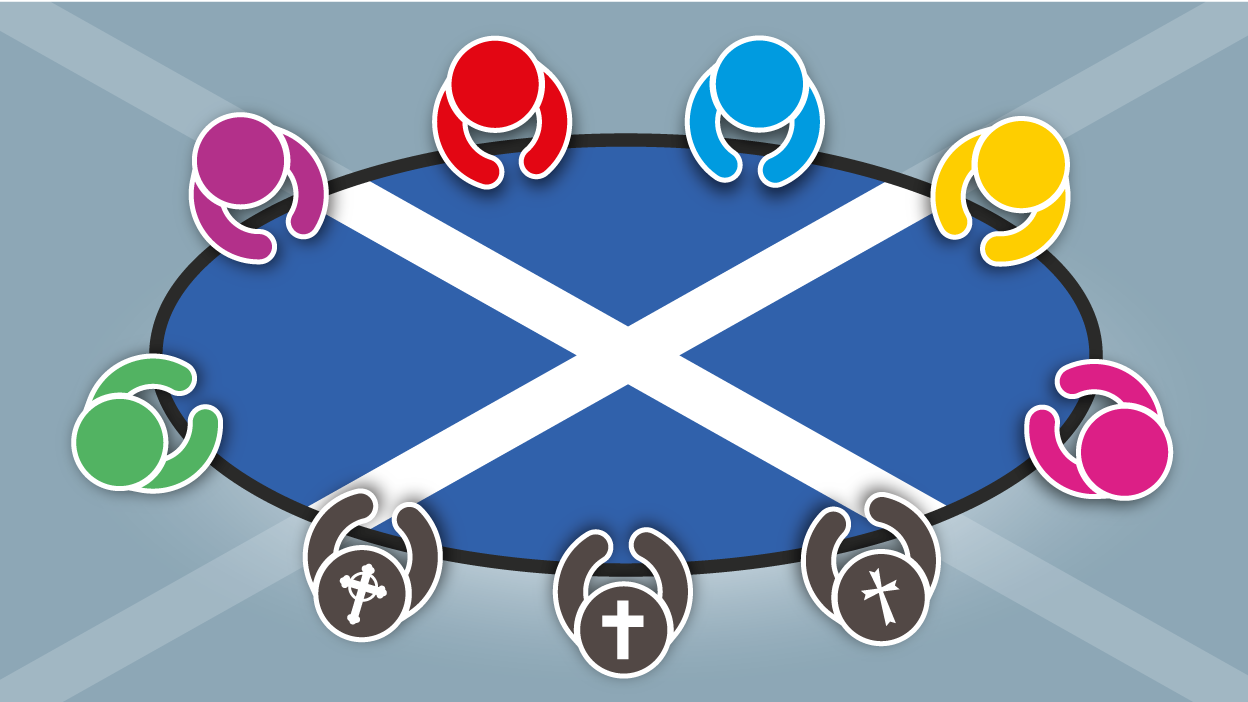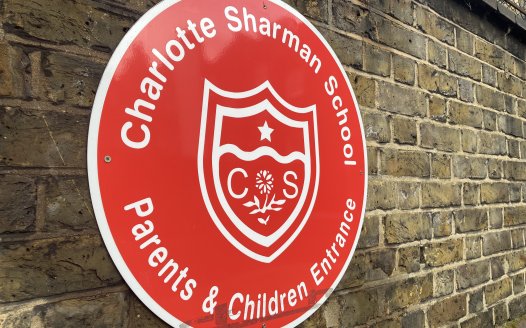Orkney Council ends voting privileges for religious appointees
Posted: Wed, 10th May 2023
The National Secular Society has welcomed a Scottish council's decision to end voting privileges for unelected religious appointees.
Orkney Council has joined three other Scottish councils in ending voting concessions for the religious representatives sitting on the local authority's Education, Leisure, and Housing (ELH) committee.
Councillors voted 12 to 9 in favour of removing their voting privileges in a full council meeting last week.
The Local Government (Scotland) Act 1973 obliges local authorities in Scotland to appoint three religious representatives to their education committees, at least one of whom must be appointed by the Roman Catholic Church and one by the Protestant Church of Scotland.
Such representatives have voting privileges in most councils, enabling them to influence local education policies affecting both faith and non-faith schools. They are generally the only unelected members granted such concessions, an issue raised by members of Orkney Council at the meeting.
The council's decision brings religious representatives in line with the ELH committee's two teacher representatives, who also cannot cast votes.
Green councillor John Ross Scott, who put the motion forward, said he finds it "bewildering" that unelected religious representatives retain the right to vote on education committees, despite the sharp decline of religious affiliation in Scotland. A 2018 poll found almost 60% of Scots were non-religious, including almost 70% of 18-24 year olds.
The legal requirement for Scottish councils to appoint religious representatives is being increasingly challenged by local authorities. In 2019 Perth and Kinross Council became the first to strip them of voting privileges. Following campaigning from the NSS and others, Moray Council and Scottish Borders Council followed suit.
Fife Council is also considering removing voting privileges for religious appointees. They are being lobbied by churches to retain these privileges.
Last year several members of Shetland Islands Council expressed dissatisfaction at being required to appoint a religious representative to the authority's education committee, with councillors describing the situation as both "unconstitutional and undemocratic" and "ridiculous in the 21st century".
Scotland's then-Education Secretary Shirley-Anne Somerville MSP subsequently told the NSS there are "no plans" to end places for religious appointees on education committees. She said the presence of "significant numbers of denominational schools" in Scotland and the "requirement to provide Religious Education" means there "continues to be a role for religious groups in decision making for denominational and non-denominational schools alike".
NSS: 'We hope other councils follow suit'
Head of campaigns Megan Manson said: "We welcome Orkney Council's decision to join the growing number of Scottish local authorities who have stripped religious representatives of their archaic and undemocratic voting privileges.
"Religious appointees are the only unelected members given voting concessions. This makes no sense in the context of an increasingly irreligious and diverse society. We hope other councils are watching and will follow suit.
"The next step should be to repeal the requirement for religious representatives on councils. Rather than entrenching existing religious privilege, the Scottish government should be aiming to make Scotland's education equal and inclusive for all."








